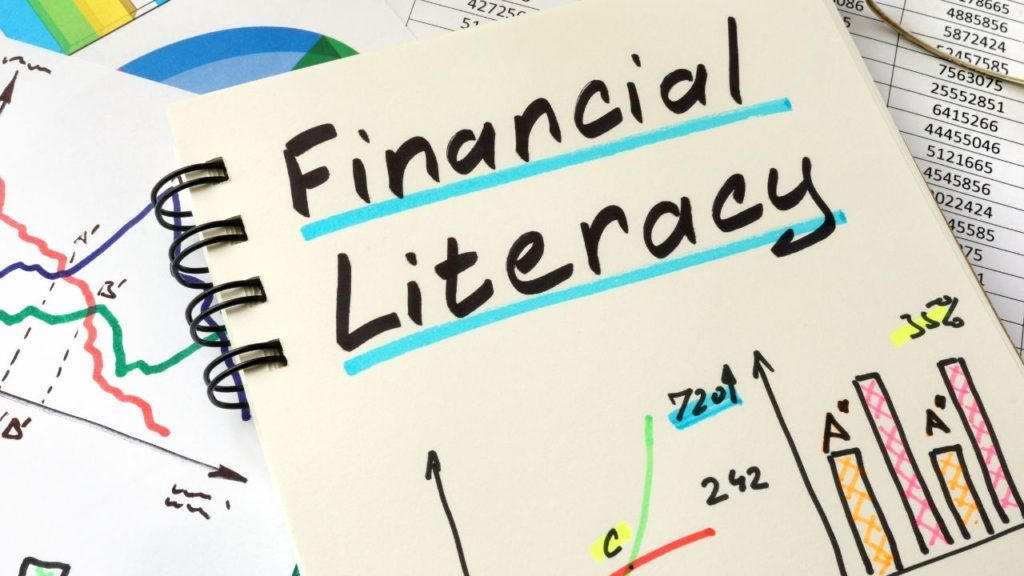
If you were dropped into a culture in which you did not know the language, how would you get by? How would you order food, ask for help, engage in trade, or even discuss the weather? If you have no language literacy, you’re at a disadvantage. You are at an equal disadvantage walking around in a world where money has its own language, but you don’t know it.
Does thinking about your personal finances make you uneasy? If so, you’re not alone. In fact, about 50% of Americans feel this way. And why not? We make sure students graduate with a full knowledge of the Pythagorean Theorem, Quadratic Equation, and how to diagram sentences. Those same students leave school not knowing the basics of saving, investing, the use (and abuse) of credit, or how to do their taxes.
After all this time, it’s clear that we can’t wait for the educational system to impart this knowledge on our students. We need to take our financial literacy into our own hands. This article from Forbes Magazine will show you the vast resources available to help you learn the language of money so you can become literate. By being financially literate, you can be more deliberate about how you handle money, and this means your money can start working for you, rather than the other way around.
If you need a place to start, give us a call at Sequoyah Fund, and our financial literacy specialist will help you learn to speak the language of money.
